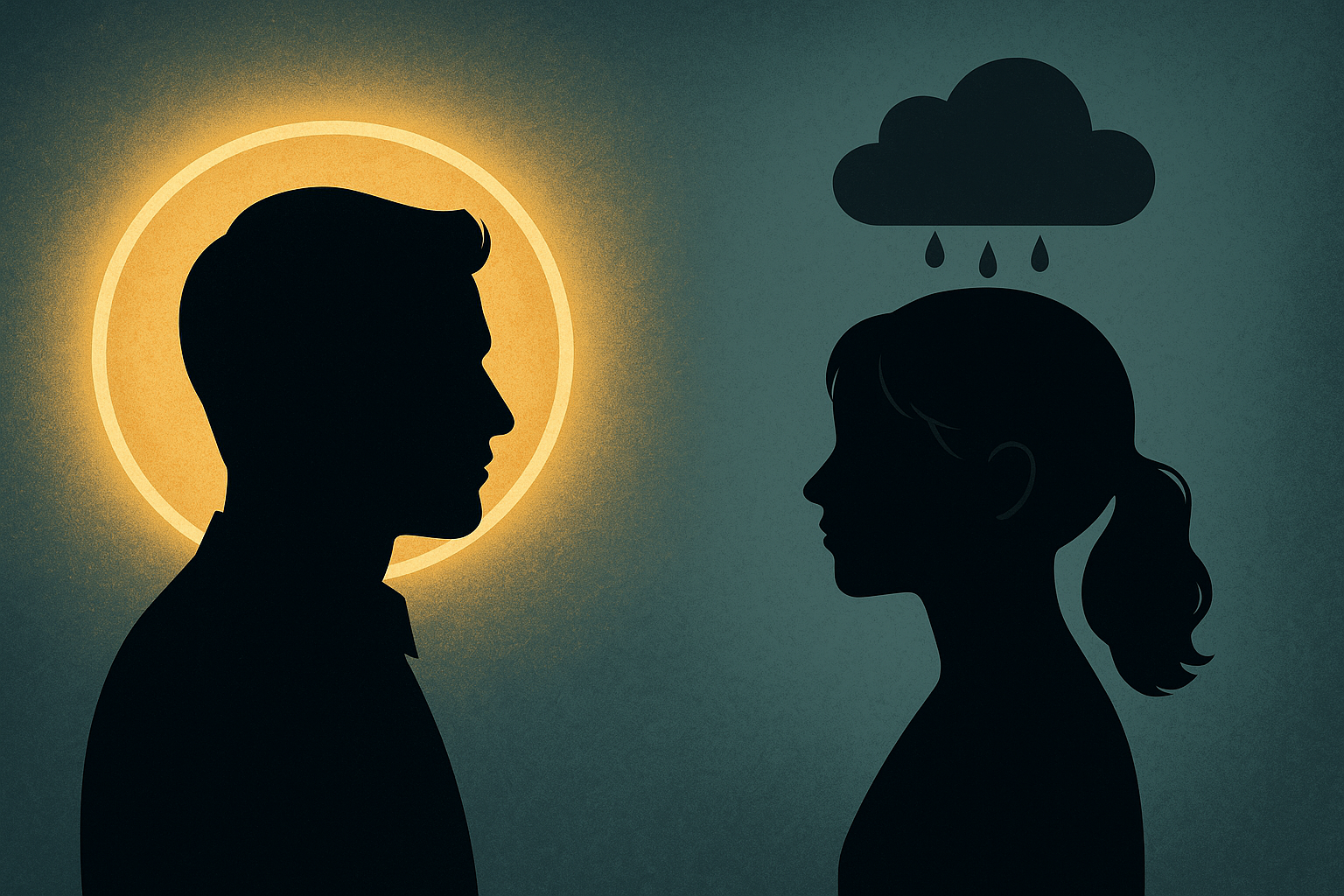Who are you, really? Are you the result of your genes or of everything you’ve lived through? This is one of the oldest and most fascinating debates in psychology: nature vs. nurture. And although it might sound like an academic discussion, it actually runs through our daily lives. Every time we wonder why someone is shy, creative, brave, or aggressive, we are asking the same question: was it “in their blood,” or was it learned from the environment?
Inheritance: a map written in our DNA
We can’t deny that we are born carrying something within us. Eye color, height, the predisposition to certain illnesses… all of this is written in our DNA. But there are also psychological traits that seem to be marked from the start: some babies are calmer from the crib, others seem to have endless energy. Even the ease for language or music has a hereditary base.
Still, having a map doesn’t mean you’ll always follow the same path. Genes give us direction, but they don’t write the entire story.
Nurture: the invisible power of the environment
Imagine two identical twins, with exactly the same genes. One grows up in a loving home, with parents who encourage them to speak, explore, and make mistakes without fear. The other, however, is raised in an environment of constant criticism, where every mistake is met with ridicule.
The result? Two very different personalities, even though biologically they started from the same point. This is the weight of the environment: nurture, culture, friends, school… everything shapes the way we are. Experience can soften what seemed innate or intensify it until it becomes a central part of our identity.
Epigenetics: the bridge between nature and nurture
For a long time, genetics was seen as a fixed destiny. But epigenetics changed that view. Today we know that certain genes can be “switched on” or “switched off” depending on our experiences. Stress, diet, trauma, or the affection we receive can all influence how genes are expressed.
It’s like your DNA is a piano. The keys are there from birth, but the melody depends on who plays it and under what circumstances.
Reflecting on our own story
Take a moment to think: which part of you feels “factory-set,” and which part do you feel you’ve built over time? Maybe you were always a sensitive person, but learned to hide it because your environment saw it as a weakness. Or perhaps your strong character was forged through tough experiences, even if biologically you were naturally calm.
When we look at our life this way, we understand that we are not only what we inherit, nor only what we learn: we are a meeting point between both forces.
Nature or nurture? A false dichotomy
The mistake is thinking we must choose one side. It’s not “black or white.” We are the sum of what we carry in our genes and what the world offers us. Science shows it again and again: even the most extraordinary talents need practice and support; even the hardest circumstances meet their limits in biology.
The most powerful part of this debate is not deciding which weighs more, but recognizing that we have room to act. We can’t change our genetics, but we can work on our environment, our habits, our relationships. That’s where the possibility of transformation opens up.
An invitation to look within
Next time you wonder why you are the way you are, think about that unique mix that defines you. A genetic footprint that has been with you from the start, and a collection of experiences that left invisible marks on how you feel and act.
And most importantly, remember this: while you can’t change your genes, you can always write new pages in your story.
👉 On our YouTube channel you’ll find a clear, visual video about this debate, with examples like John Locke’s “tabula rasa” and the latest advances in epigenetics. A simple way to understand how psychology explains who we are.




